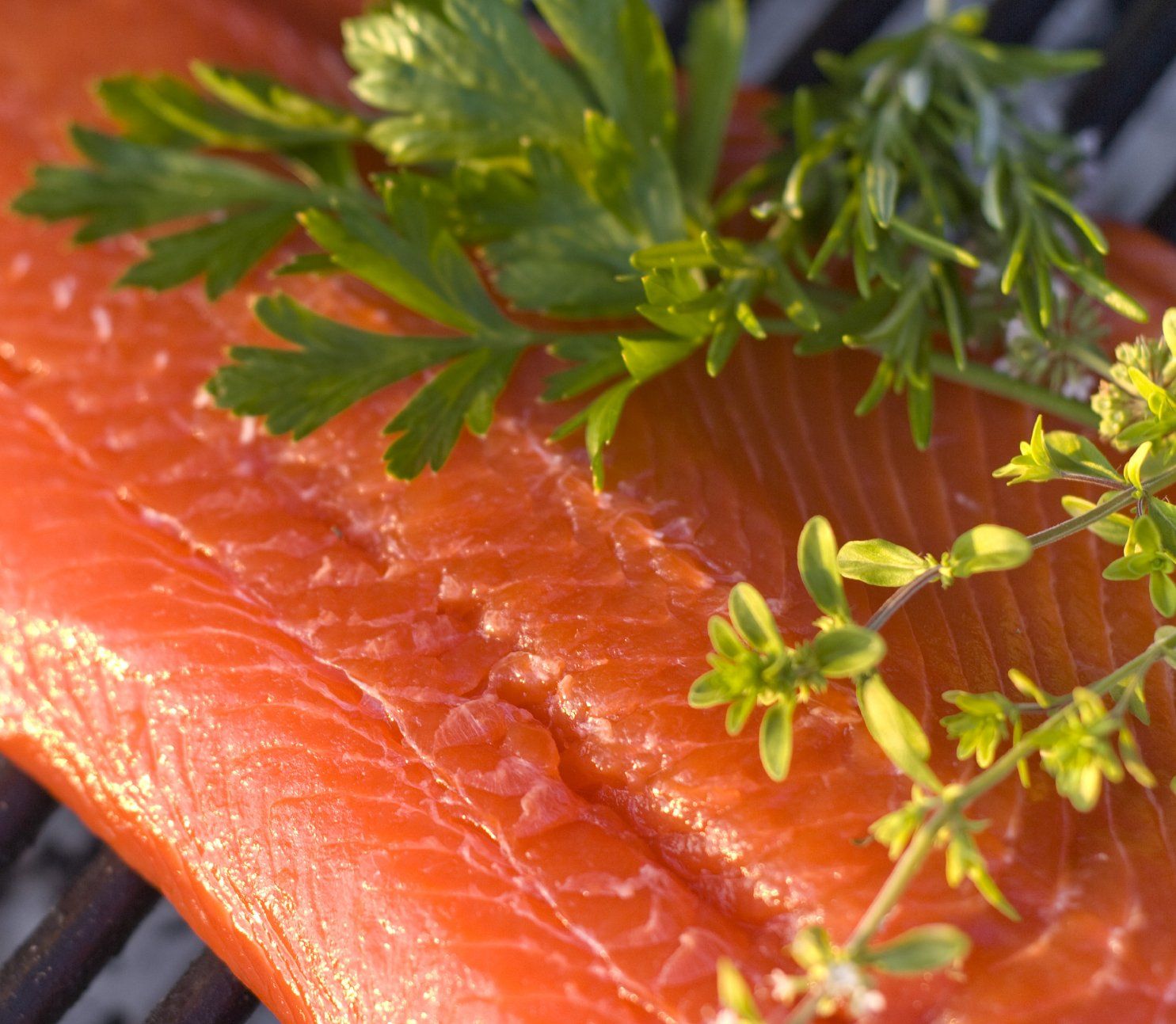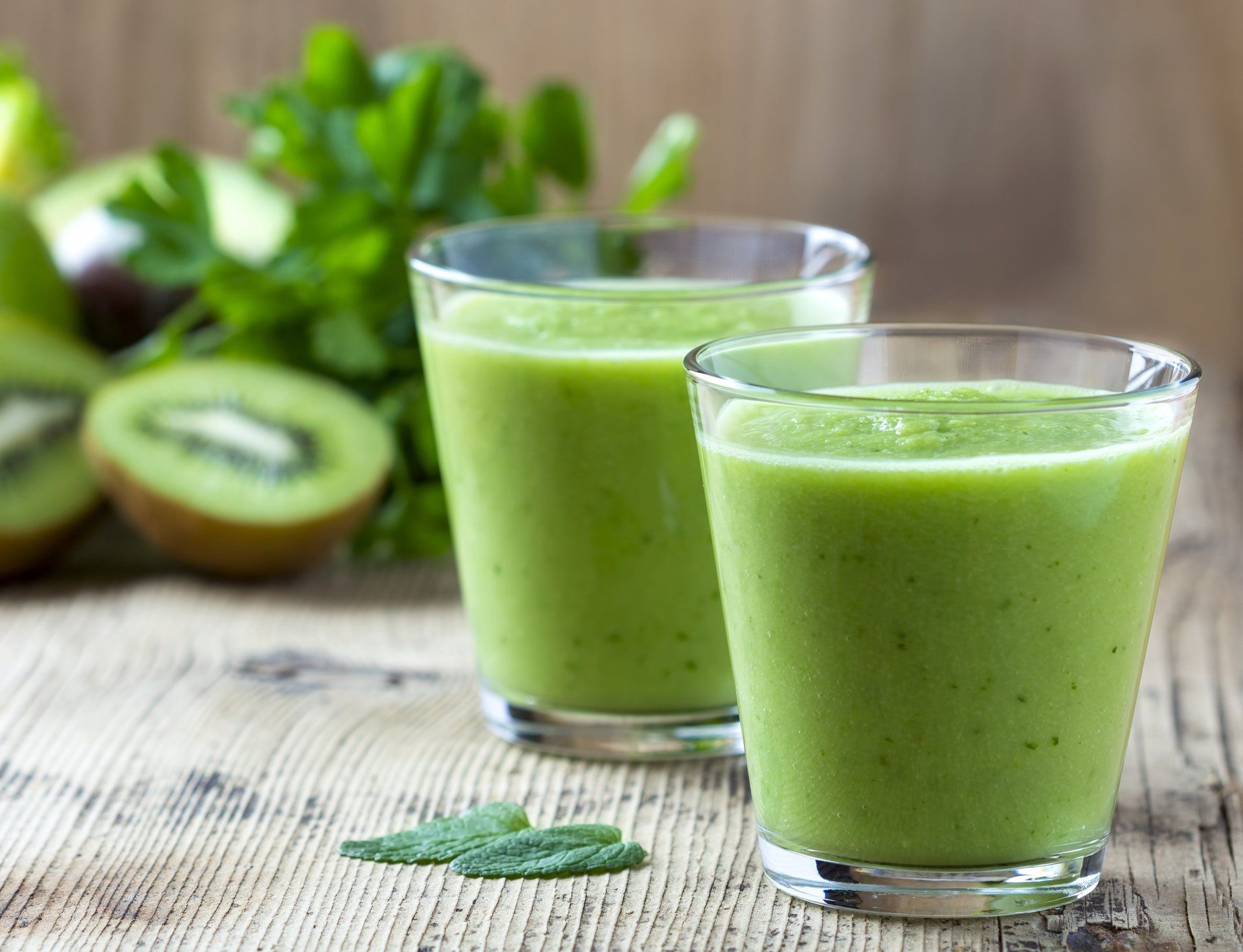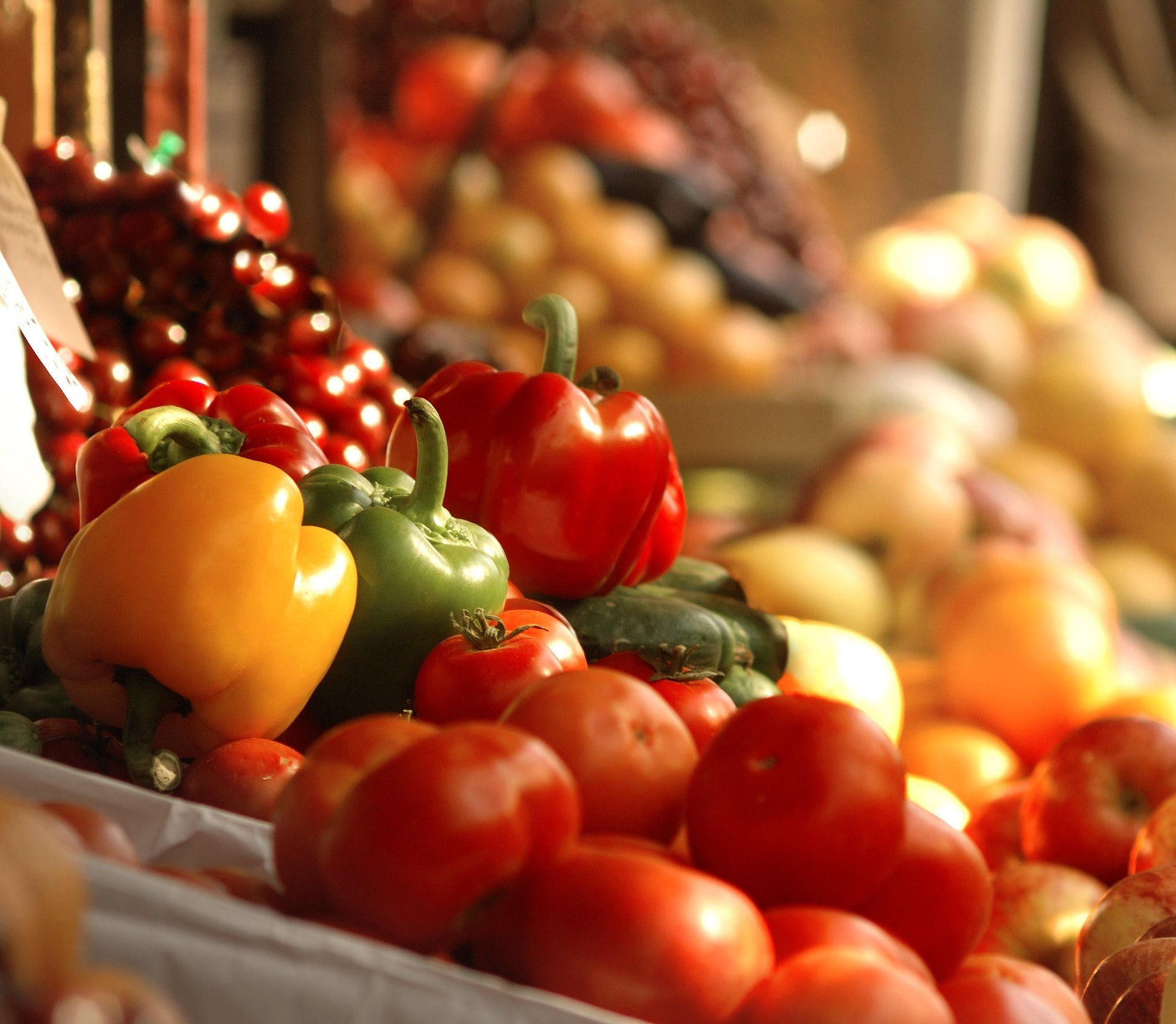Making Nutrition a Priority During the Coronavirus (COVID-19) Pandemic
NOW is the time to boost your nutrition.
Certain foods are helpful for boosting the immune system. Here's a look at five nutrients that your immune system needs to perform and which foods to find them in. Put these on your shopping list;
Vitamin C
An essential nutrient, vitamin C acts as an antioxidant. Antioxidants help fight free radicals, a type of unstable molecule known to damage the immune system. There's an abundance of evidence that vitamin C is particularly helpful in boosting the immune systems of people under major stress. To increase your vitamin C intake, add these foods to your diet:
citrus fruits and juices (such as orange and grapefruit)
kiwi fruit
red and green peppers
broccoli
strawberries
Vitamin E
Like vitamin C, vitamin E is a powerful antioxidant. Research suggests maintaining ample levels of vitamin E is crucial for maintaining a healthy immune system, especially among older people. To get your fill of vitamin E, look to these foods:
wheat germ oil
almonds
sunflower seeds
hazelnuts
peanut butter
Zinc
Zinc is an essential mineral involved in the production of certain immune cells. The National Institutes of Health (NIH) caution that even mildly low levels of zinc may impair your immune function. Here are some top food sources of zinc:
oysters
baked beans
pumpkin seeds
cashews
raisin bran
chickpeas
Carotenoids
Another type of antioxidant, carotenoids are a class of pigments found naturally in a number of plants. When consumed, carotenoids are converted into vitamin A (a nutrient that helps regulate the immune system). Look to these foods to boost your carotenoids:
carrots
kale
apricots
papaya
mango
Omega-3 Fatty Acids
Omega-3 fatty acids are a type of essential fatty acid known to suppress inflammation and keep the immune system in check. Try these omega-3-rich foods:
oily fish (including mackerel, tuna, salmon, sardines, herring, and trout)
flaxseed
walnuts
chia seeds
"You can help your immune system by following a healthy, balanced diet filled with lots of fruits and vegetables".
Support your microbiome
Eat plenty of natural yogurt (preferably vegan) daily. It’s really an easy way to boost your probiotics and help support your microbiome. It helps to support the good bacteria that live in your body, which help to fight bad bacteria or viruses.
Avoid antibiotics unless you must take them because they deplete the good bacteria in the system, leaving you more vulnerable to other infections.
Other foods that can help support the microbiome include garlic, onion, ginger, sauerkraut and fermented foods.
Also high fibre (vegetation) is a prebiotic that feeds the good bacteria.
Watch your diet
Stick to a healthy, balanced diet filled with lots of colourful fruits and vegetables to ensure you’re getting enough zinc and vitamin D and other important vitamins and minerals.
Eat lots of dark green, leafy vegetables and berries, as well as nuts and seeds, and minimise foods with sugar and trans fats, which aren’t as nutrient-dense.
Add garlic and/or oregano oil to cooking to help boost immunity further.
Sip on green tea, which contains powerful antioxidants to boost immunity.
Your immune system needs fuel, so avoid ultra low-carbohydrate diets.
In addition, drink lots of water and reduce alcohol consumption.






